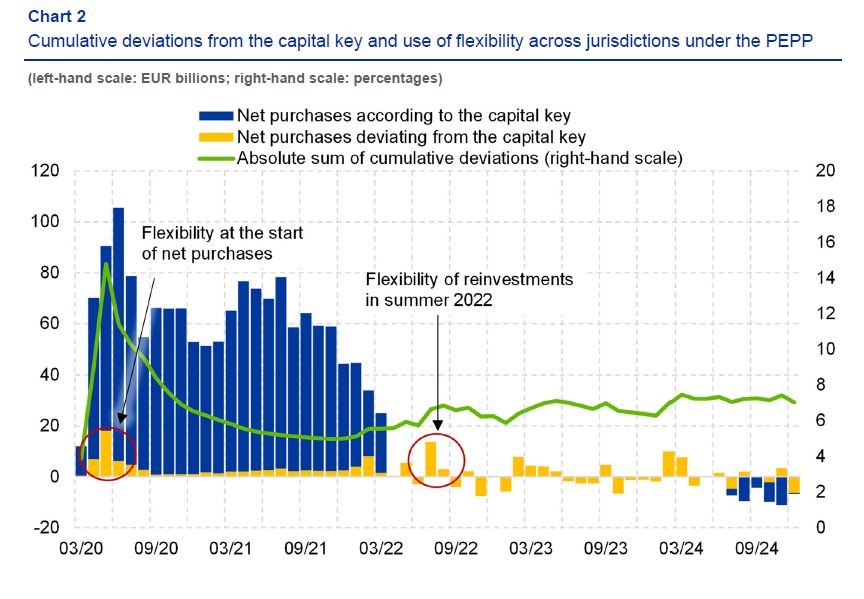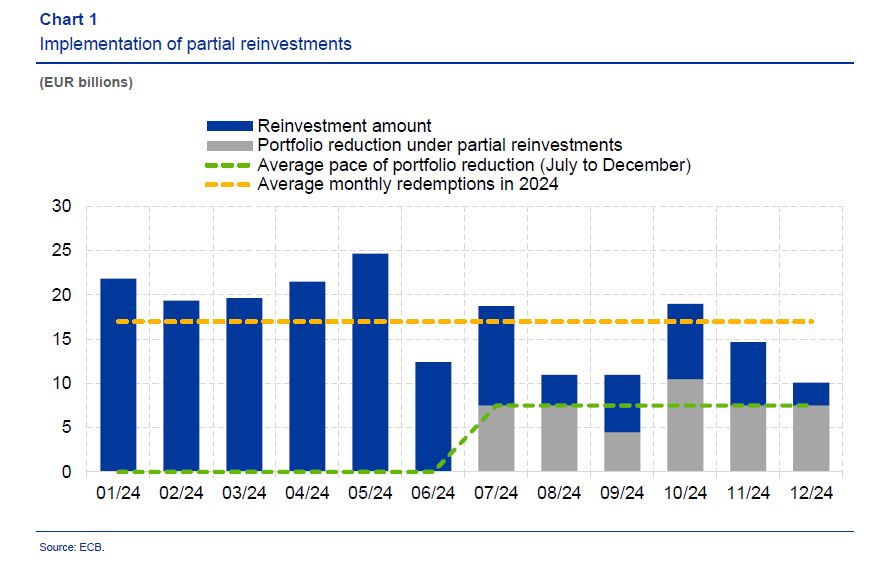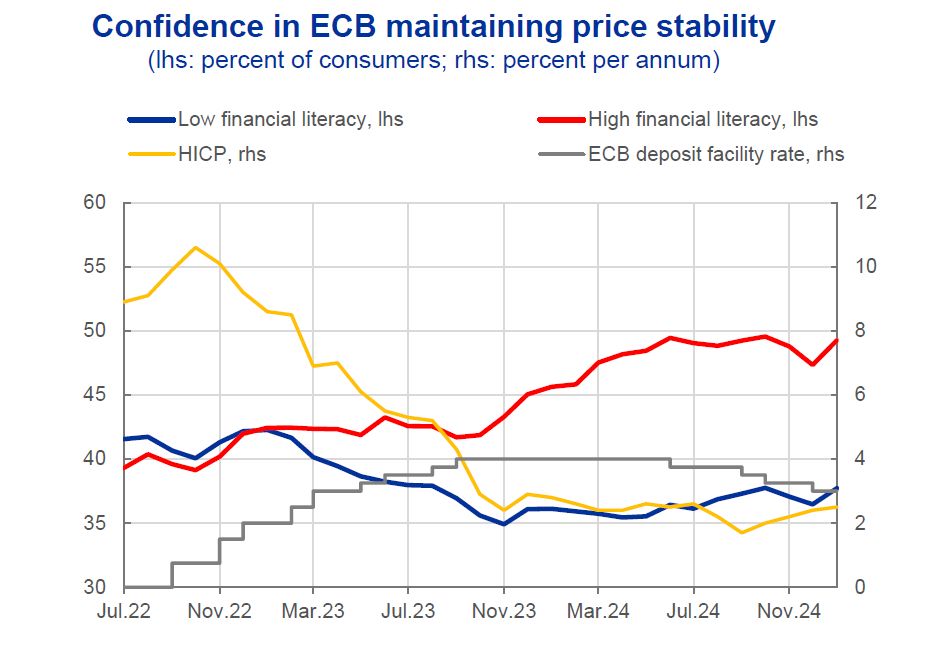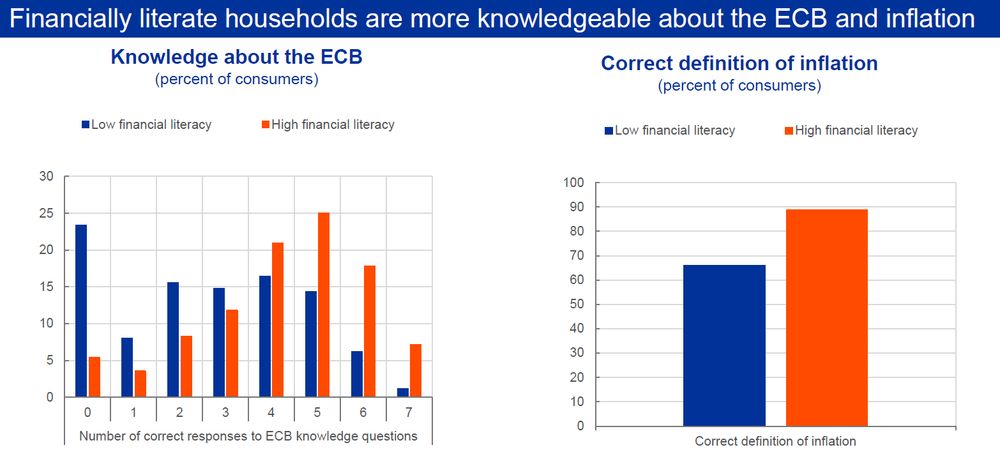Isabel M. Schnabel
Isabel Schnabel is a German economist who has been serving as a member of the Executive Board of the European… more

by Isabel M. Schnabel — Reposted by: Lars P. Feld
by Isabel M. Schnabel — Reposted by: Lars P. Feld
by Isabel M. Schnabel — Reposted by: Francesco Martucci





A special thanks to @andrespicer.bsky.social, @vassoioannidou.bsky.social and Bayes Business School as whole for welcoming me so warmly!







